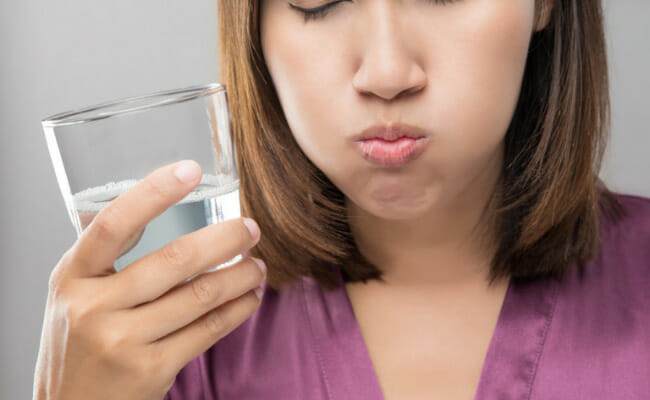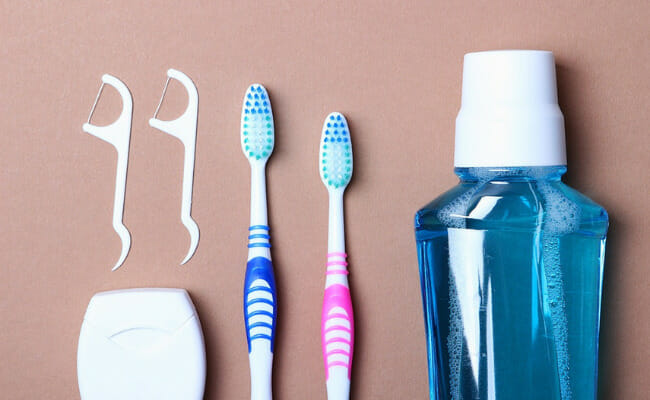Stop Rinsing After Brushing Your Teeth: Here’s Why
Brushing your teeth is the most important oral hygiene habit. However, you might follow it with the worst: rinsing with water.
Believe it or not, leaving your mouth as is after brushing could enhance the toothpaste’s effects. As a result, you keep your teeth cleaner and whiter every day.
This article will explain why rinsing after brushing your teeth is not a good idea. Later, we will discuss extra oral health tips.
Why should you stop rinsing your teeth after brushing?

Photo Credit: www.simplemost.com
What makes your toothpaste great for cleaning teeth? Is it the minty aftertaste? The consumer advisor for the American Dental Association says it is fluoride.
Dr. Edmond Hewlett told CNET that fluoride strengthens teeth enamel, the shiny white layer that makes your smile.
Fluoride boosts its resistance against acids from germs and food. As a result, it prevents cavities. Dr. Hewlett says your toothpaste should have that essential ingredient.
Brushing your teeth removes bacteria and food stuck in your teeth. However, rinsing after brushing wipes the fluoride before it takes effect.
Instead, you should wait at least 15 minutes after your teeth cleaning to drink water. Your saliva will eliminate the toothpaste in your mouth so that you do not taste it the whole day.
What if you have been rinsing after every brushing session? Dr. Hewlett says it does not undo your effort to keep your teeth clean.
The fluoride will protect your teeth if you follow the proper routine. In other words, you should have been brushing at least twice daily for two minutes each period.
The idea of not rinsing after brushing merely improves the effectiveness of fluoride. Also, Dr. Hewlett said research is ongoing to determine its long-term effects.
Other oral hygiene tips

Photo Credit: cleaneat.ng
Using mouthwash after brushing your teeth may also remove fluoride. You may want to wait a few minutes before swishing it in your mouth.
Flossing is also a healthy habit, but you must rinse your mouth afterward. The water will remove the excess stuff you have pried out with dental floss.
You may want to floss first before your brushing session. Also, you could consider using a water flosser instead of the usual threads.
Unlike regular dental floss, they can help you avoid damaging your gums. More importantly, visit your dentist every six months to ensure oral health.
Conclusion
Rinsing after brushing washes away the fluoride from your teeth. As a result, you do not give that ingredient enough time to take effect.
Dentists recommend leaving the toothpaste residue in your mouth for 15 minutes. That gives the fluoride sufficient time to protect your teeth.
Your saliva will eventually wash away the toothpaste so that you do not taste it throughout the day. Meanwhile, you could read more health articles from Inquirer USA while waiting.

